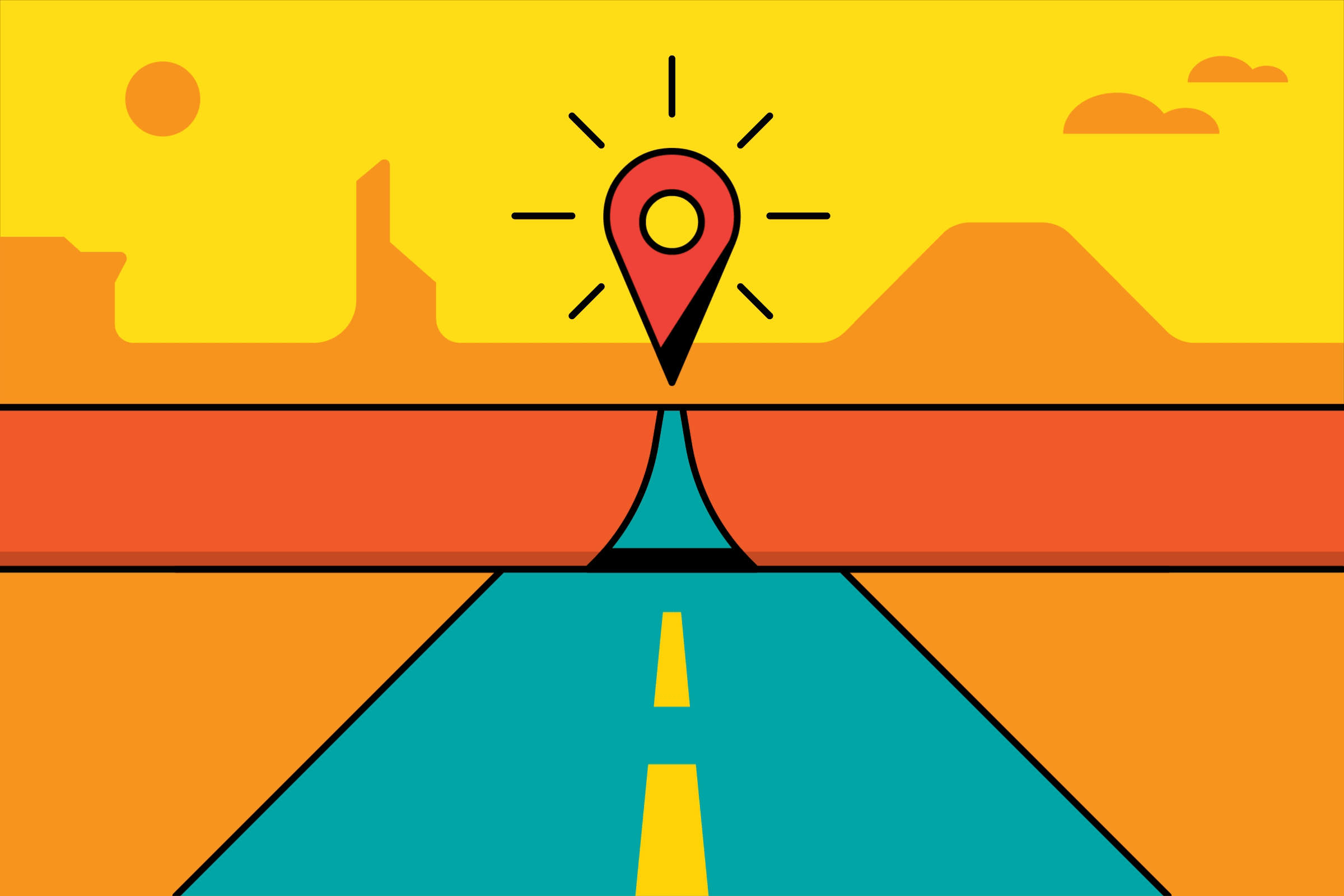The National Cowboy Poetry Gathering celebrates an arduous life
- Share via
Reporting from Elko, Nev. — Generally, the pace is pretty slow ‘round Elko, a community of 36,000 set against the backdrop of the Ruby Mountains about four hours east of Reno.
But for eight days every January, the place runs at a gallop. The streets become a sea of Stetsons as city folk and country dwellers, writers and musicians, artisans and scholars arrive to take part in the National Cowboy Poetry Gathering.
“Campfire light holds back the night. Sparks chatter like old friends. It’s a comfort zone that sets the tone where mood and time transcend. . . .”
The words are those of Waddie Mitchell, a 59-year-old cowboy poet and Elko resident. But Mitchell -- who’s been writing about as long as he’s been wrangling -- acknowledges that “cowboy poet” may be an oxymoron to those whose ideas about cowboys were formed by movies and TV.
Despite the fact that many of Mitchell’s poems have found their way into print, he says cowboy poetry is primarily an oral tradition. The rhymes make them easier for cowboys to remember and to pass along from generation to generation.
“You’ll never die. Hell, you’re young and spry. You’re bullet- and-100-proof. Dreams blend so well it becomes hard to tell your musings from the truth. . . .”
“We mainly focus on the artistic side, the creative spirit, of the people who live in the West,” says Meg Glaser, artistic director for the Western Folklife Center in Elko, which produces the Cowboy Poetry Gathering, set to take place Jan. 23-30.
“We want to communicate that this is a living West, that ranching and cowboying aren’t dead, that they’re a vital culture that’s still alive and well,” she adds. “It’s about advocating for an occupation and a way of life.”
The well-curated, colorful and interactive exhibits at the center highlight what Glaser calls “the renaissance of cowboy craftsmanship.” Visitors learn about the region’s buckaroos through displays that include custom-made saddles and bits.
“Buckaroo” -- with its roots in vaquero, Spanish for “cowboy” -- is the name most ranch hands in the Southwest prefer to be called. They’re easily identified by their dress, which includes flat-brimmed hats and chaps decorated with long, colorful trim.
“Buckaroos around here are into show,” says Greg Titus, manager of the 71 Ranch, a working guest ranch east of Elko. “There’ll be a guy making $1,000, $1,500, maybe $2,000 a month -- if he’s the top hand -- and he’ll be riding an $8,000 or $10,000 saddle,” Titus explains. “It’s got silver on it, it’s all hand-tooled.”
Titus’ 38,000-acre ranch welcomes folks who want to experience what it’s like to be a cowboy -- or buckaroo -- in these parts. But unlike at some other guest and dude ranches, there is no swimming pool or tennis court. The visitors do whatever it is cowboys are doing.
“They’re enraptured by what goes on,” Titus says of his guests. “[The ranch hands] could be doing the most menial task -- going over the mountain to get one heifer that got left behind -- and [the guests] could be having the best day in the whole world on that horse.
“Some of these folks, they’d sleep on a horse,” he continues. “They sit at home and dream about cowboying. And they wait all year for their one week at the ranch.”
Titus acknowledges there’s some romance to life on horseback.
“Cowboys, they love what they do,” Titus says. “In fact, they love it so much they’re willing to sacrifice. They’re willing to sacrifice decent pay. And sometimes the work conditions aren’t great.”
“You’ll rise at dawn, be movin’ on, for winter rides the air. You’ll pack up camp, bedroll damp, but home ain’t anywhere. . . . “
More to Read
Sign up for our Book Club newsletter
Get the latest news, events and more from the Los Angeles Times Book Club, and help us get L.A. reading and talking.
You may occasionally receive promotional content from the Los Angeles Times.









